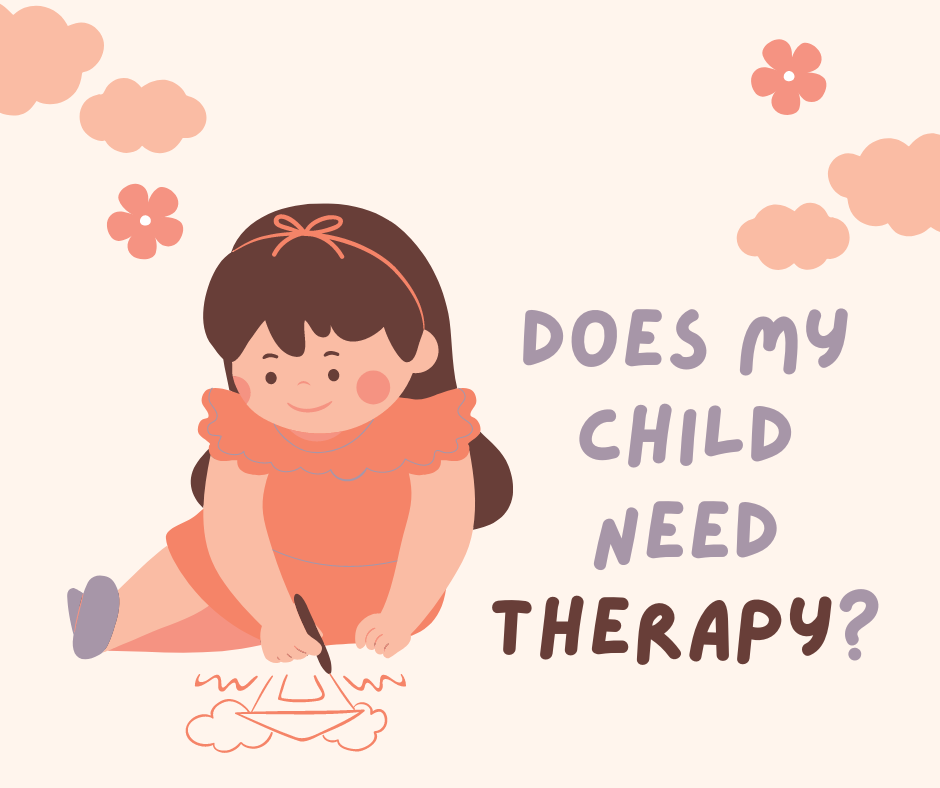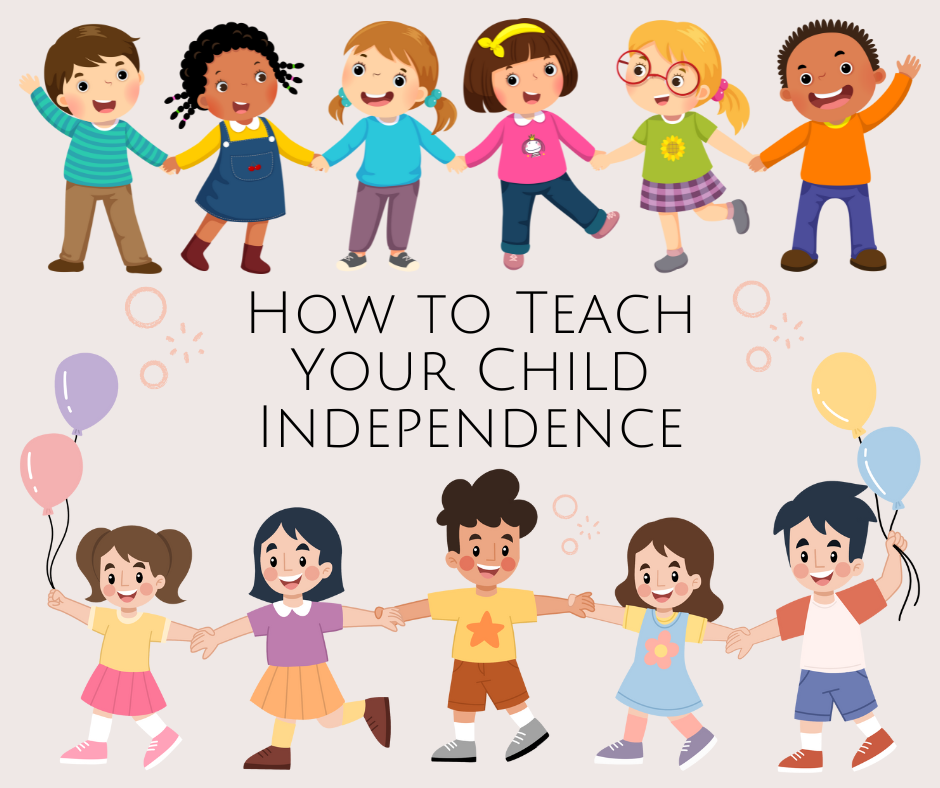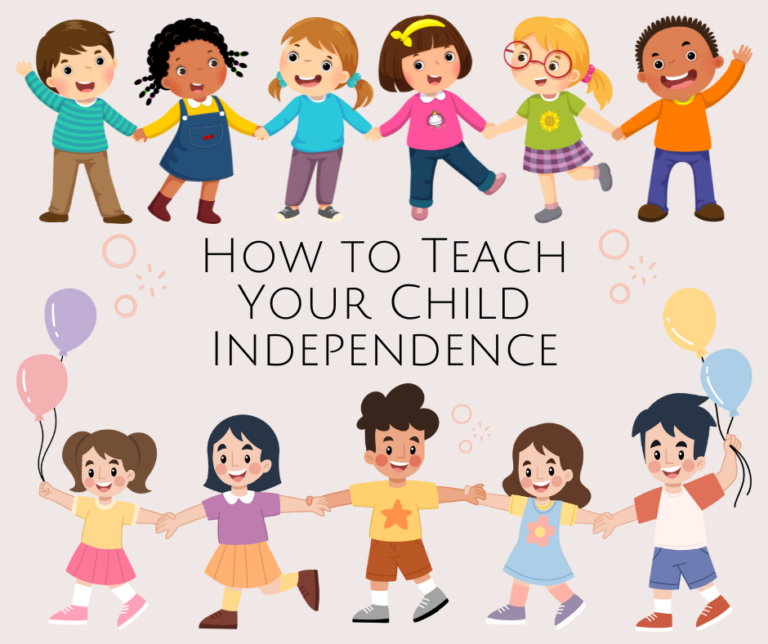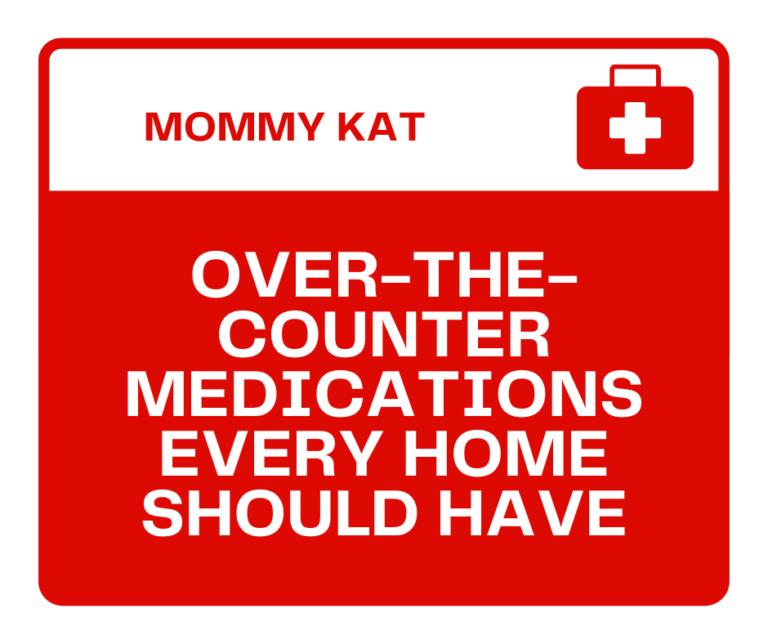When a child displays signs of common mental health issues such as anxiety or depression, even as parents, we may be at a loss when it comes to giving them the best advice on managing their feelings. That is why sometimes the best thing we can do is admit that we don’t always have the answers. Sometimes, the smartest thing to do is ask someone else for help and engage in child therapy.
If you feel that you may need child therapy to help with their emotional issues, here are the tell-tale signs that it’s time to seek professional guidance.
Experiencing Significant Stress After Life-Altering Events
Like anyone, children may struggle to cope with change after moving away, the birth of a new child, or the death of a loved one. A child needs to have access to resources to help them better cope with these changes and the ones that will occur in the future as their life progresses.
Changing Sleeping and Eating Routines
Do not disregard any significant changes in your child’s feeding or sleeping patterns. New eating patterns can indicate despair, anxiety, or even an eating disorder, whereas sleeping excessively or not at all is a warning indication.
Having Harmful Behaviors
Your child must speak with a mental health therapy expert if they repeatedly exhibit detrimental behaviors. Cutting oneself, putting their nails into their skin to make it hurt, or engaging in other self-destructive actions are examples of self-destructive behaviors. A child may also lash out and get in trouble at school by fighting with other children, or you may notice they are earning lower marks.
Isolating from Loved Ones
Isolation from friends or social retreats are warning signs that something might be awry. They may not want to spend as much time with friends or family members as they used to. If this action marks a significant departure from the person’s typical characteristics, it is very alarming. Social exclusion may be a symptom of anxiety or depression, and it may also be an indicator of bullying or even violence in teen relationships. Ask your child about their feelings regarding the shift. Please encourage them to talk to a professional about what they are going through.
Giving Up Their Usual Hobbies or Interests
If your child doesn’t seem like they want to watch shows or play their favorite sports or video games like they normally do, this is a common sign of depression.
Regressing to Age-Inappropriate Behavior
Children frequently regress after significant life events like the birth of a new sibling, a move, or a parent’s divorce. However, regressions unrelated to a change, like bedwetting, extreme fearfulness, tantrums, and clinginess, could be a problem.
Talking of Wanting to Run Away or Disappear
Do not take this lightly if a child at any age expresses a desire to “disappear” from their lives. Every child deserves to feel like they belong somewhere, and they need to know that they are not a burden in any way and that running away from home is perilous. If this is a frequent concern, it may be necessary to seek more urgent help, such as from a psychiatrist.










